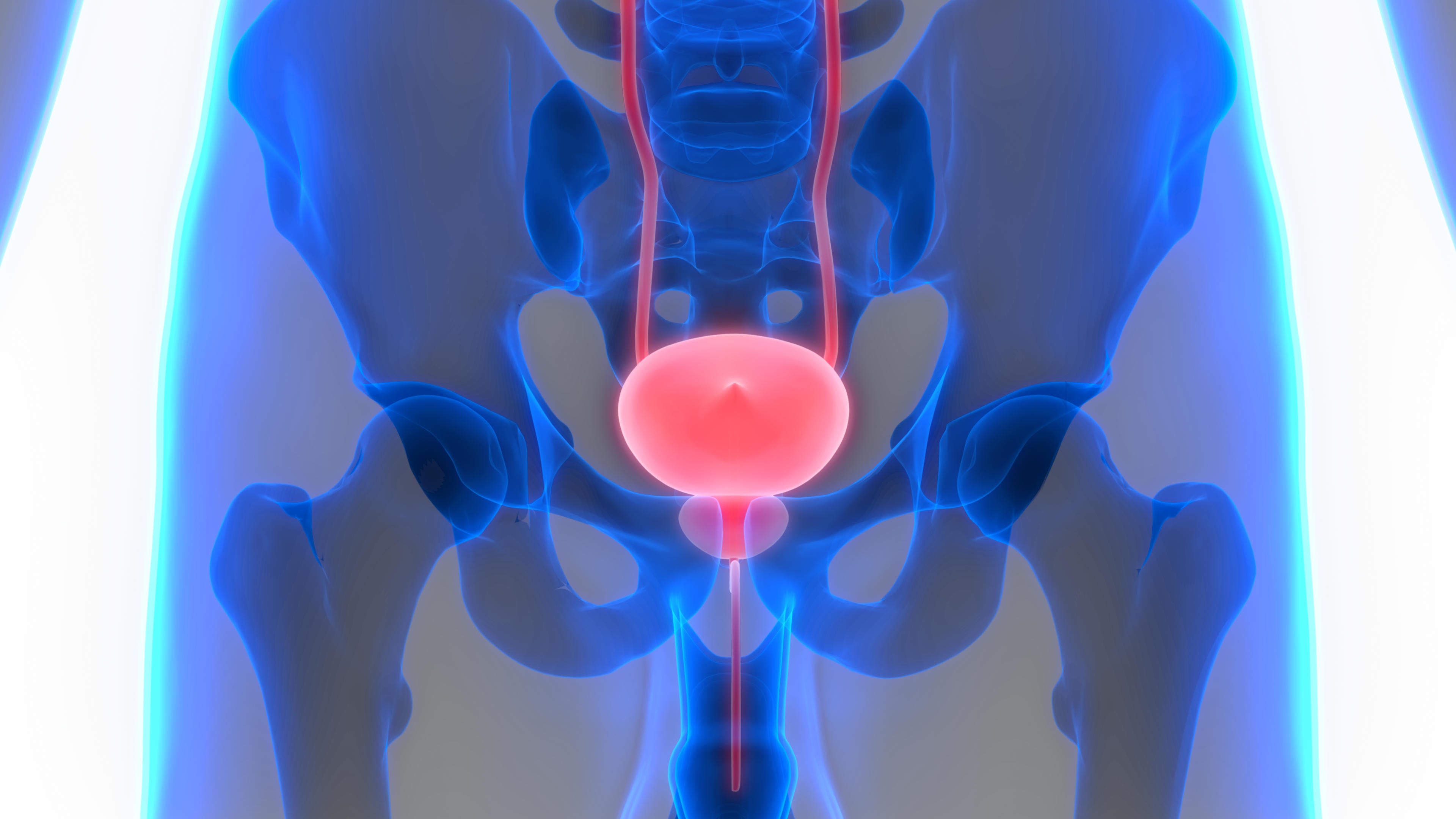What are the symptoms of an enlarged prostate?
Men over the age of 50 are more likely to experience an enlarged prostate

The King is set to go to hospital to be treated for an enlarged prostate.
In a statement, Buckingham Palace said: “In common with thousands of men each year, The King has sought treatment for an enlarged prostate.
“His Majesty’s condition is benign and he will attend hospital next week for a corrective procedure. The King’s public engagements will be postponed for a short period of recuperation.”
It is understood Charles, 75, was keen to share his diagnosis, in order to encourage other men experiencing symptoms to get them checked out.
What is an enlarged prostate?
According to the NHS, benign prostate enlargement (BPE) is “the medical term to describe an enlarged prostate, a condition that can affect how you pee”. The prostate is a small gland in the pelvis, found between the penis and the bladder.
It’s not cancerous, nor does it increase your risk of developing prostate cancer.
It’s common in men over the age of 50 – it can affect younger men, but that is a lot rarer.

What are the causes?
The causes of an enlarged prostate are largely unknown, but there are two risk factors that make it more likely.
One is age – you’re more likely to get it if you’re over the age of 50 – and the other is hormone levels.
“The balance of hormones (oestrogen and testosterone) in your body changes as you get older. This may cause your prostate to grow,” Prostate Cancer UK notes.
What are the symptoms?
The most common symptom of an enlarged prostate are changes in how you pee. This is because when the prostate is enlarged, it puts pressure on the bladder and the urethra.
According to Prostate Cancer UK, urinary symptoms can include:
– A weak flow when you urinate
– A feeling that your bladder hasn’t emptied properly
– Difficulty starting to urinate
– Dribbling urine after you finish urinating
– Needing to urinate more often, especially at night
– A sudden urge to urinate – you may sometimes leak before you get to the toilet.
Around one in three men over the age of 50 has urinary symptoms, Prostate Cancer UK says, and the most common cause of this is an enlarged prostate.
If you are experiencing any of these symptoms or suspect you might have enlarged prostate, see your GP.
However, not everyone with an enlarged prostate has symptoms, the charity adds.
How is it diagnosed and treated?
You might be able to undergo tests for an enlarged prostate at your GP surgery – such as a urine test – but you might also be sent to a urinary specialist at hospital.
The NHS says some tests might need to be done to rule out other conditions with similar symptoms, such as prostate cancer.
Treatment tends to fall in three different categories, and will depend on how severe your symptom are: lifestyle changes, medication and surgery.
Suggested lifestyle changes might include regular exercise or drinking less alcohol and caffeine.
Those suffering from moderate to severe symptoms might be prescribed medicine to reduce the size of their prostate and relax the bladder, the NHS says. In instances medication doesn’t work, surgical options might be explored.
The NHS says there are some complications of BPE – including urinary tract infections (UTIs), chronic urinary retention (when you can’t empty your bladder fully), or acute urinary retention (when you can’t pass any urine at all).
If you suffer from any more serious symptoms – including suddenly not being able to pee at all or severe lower tummy pain, it could suggest acute urinary retention and you should go to your nearest A&E.
Join our commenting forum
Join thought-provoking conversations, follow other Independent readers and see their replies
Comments
Bookmark popover
Removed from bookmarks